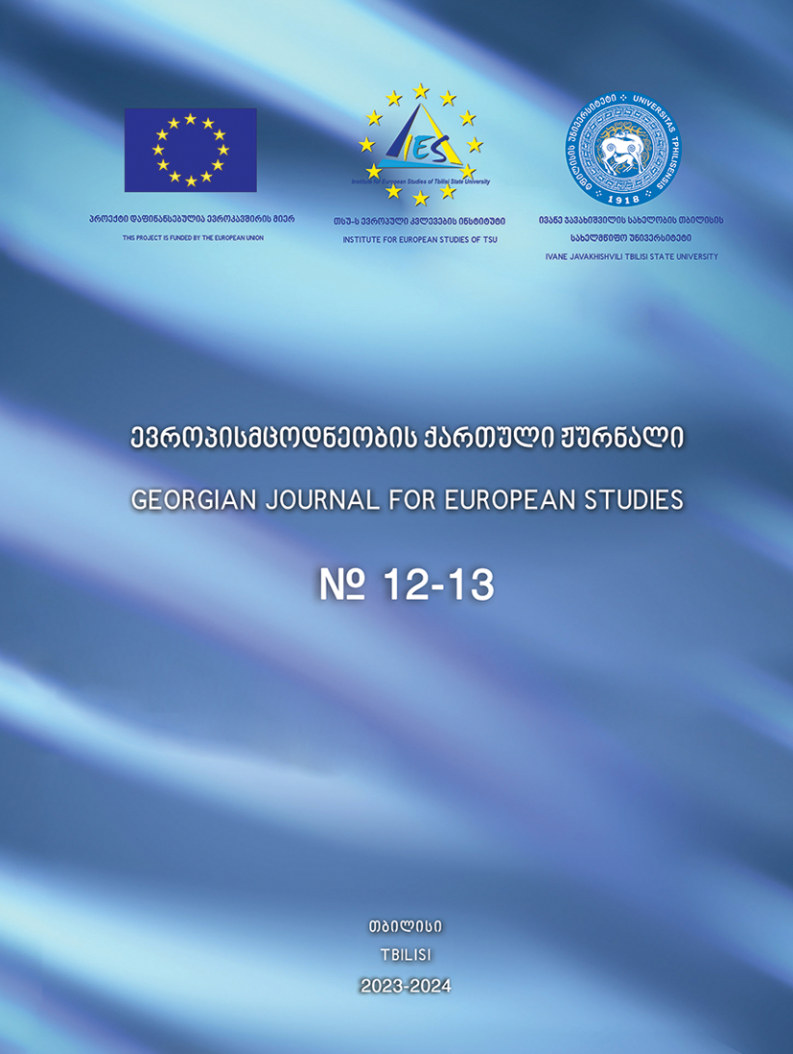Religion’s Role in Foreign Policy: The Georgian Orthodox Church’s Attitude towards European Integration and Minorities
Abstract
Since its independence in 1991, the Georgian Orthodox Church has become an integral part of both the country and Georgian identity in Georgia. It is considered the most trusted institution in the country according to opinion polls today and many experts attributes this to the fact that the Georgian Orthodox Church has assumed the role of the protector of Georgian national identity throughout different periods in history (Gegeshidze & Mirziashvili, The Orthodox Church in Georgia’s Changing Society, 2021) (Gegeshidze, et al., 2017). In addition to this popularity, the Georgian Orthodox Church has a special constitutional status in the country which gives several important privileges to conduct its religious and economic activities. However, this public popularity and autonomous status enjoyed by the Georgian Orthodox Church allows the Church to express its views on many political issues and involved in political agenda. In this context, this case-study aims to find out the historical significance of the GOC, why the GOC is deeply rooted in Georgian national identity, the influence of the GOC on social and political issues in the country, and finding out to which extent the GOC’s views are compatible with Georgia’s European reform process using qualitative research methods. To this end, the study utilizes a wide variety of primary and secondary sources to describe the phenomenon observed in Georgia. Finally, the results of this study are important in terms of understanding the church-state relations in Georgia, showing what the Church can do to protect its interests and what obstacles the Church’s views can create in Georgia’s European integration process.


